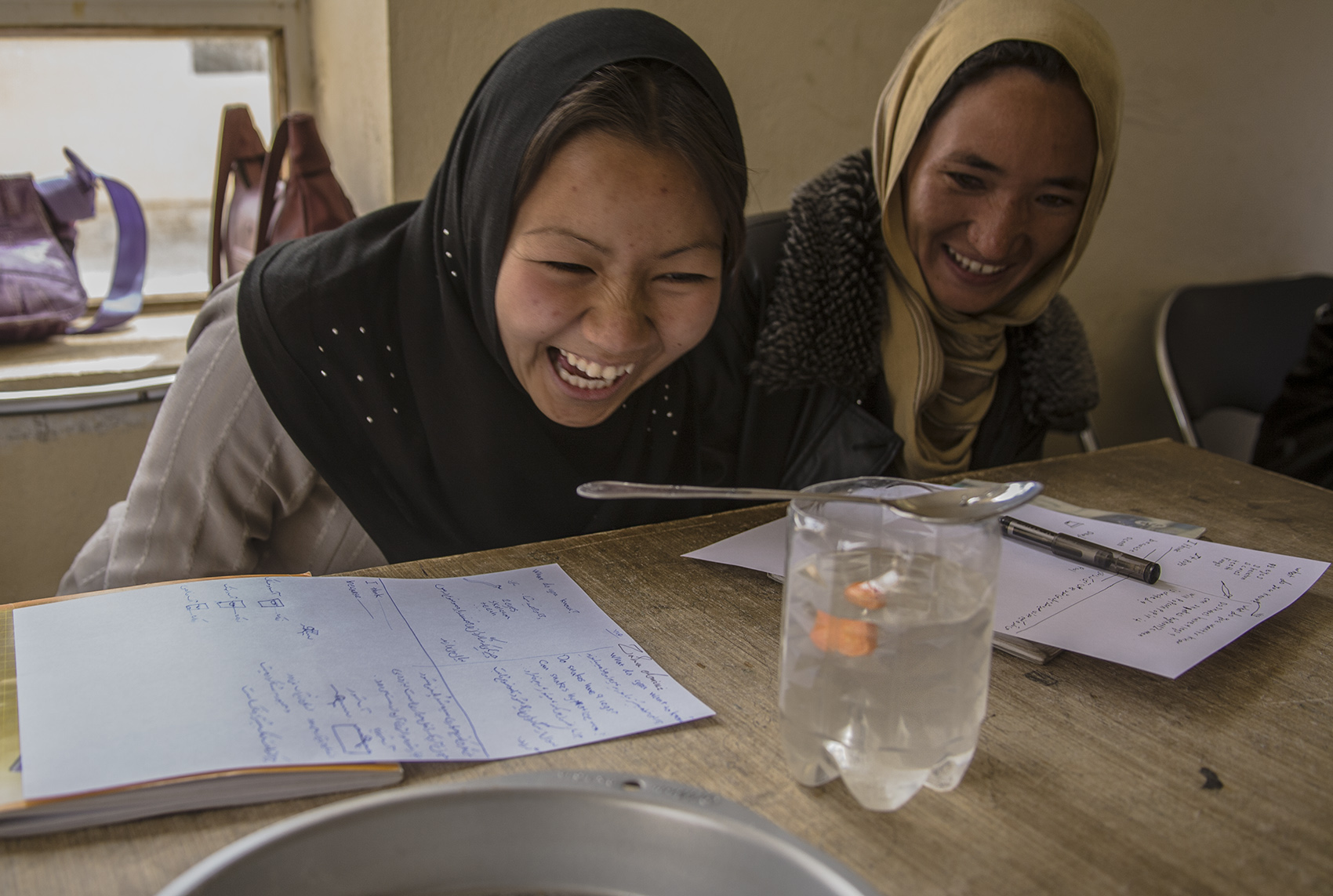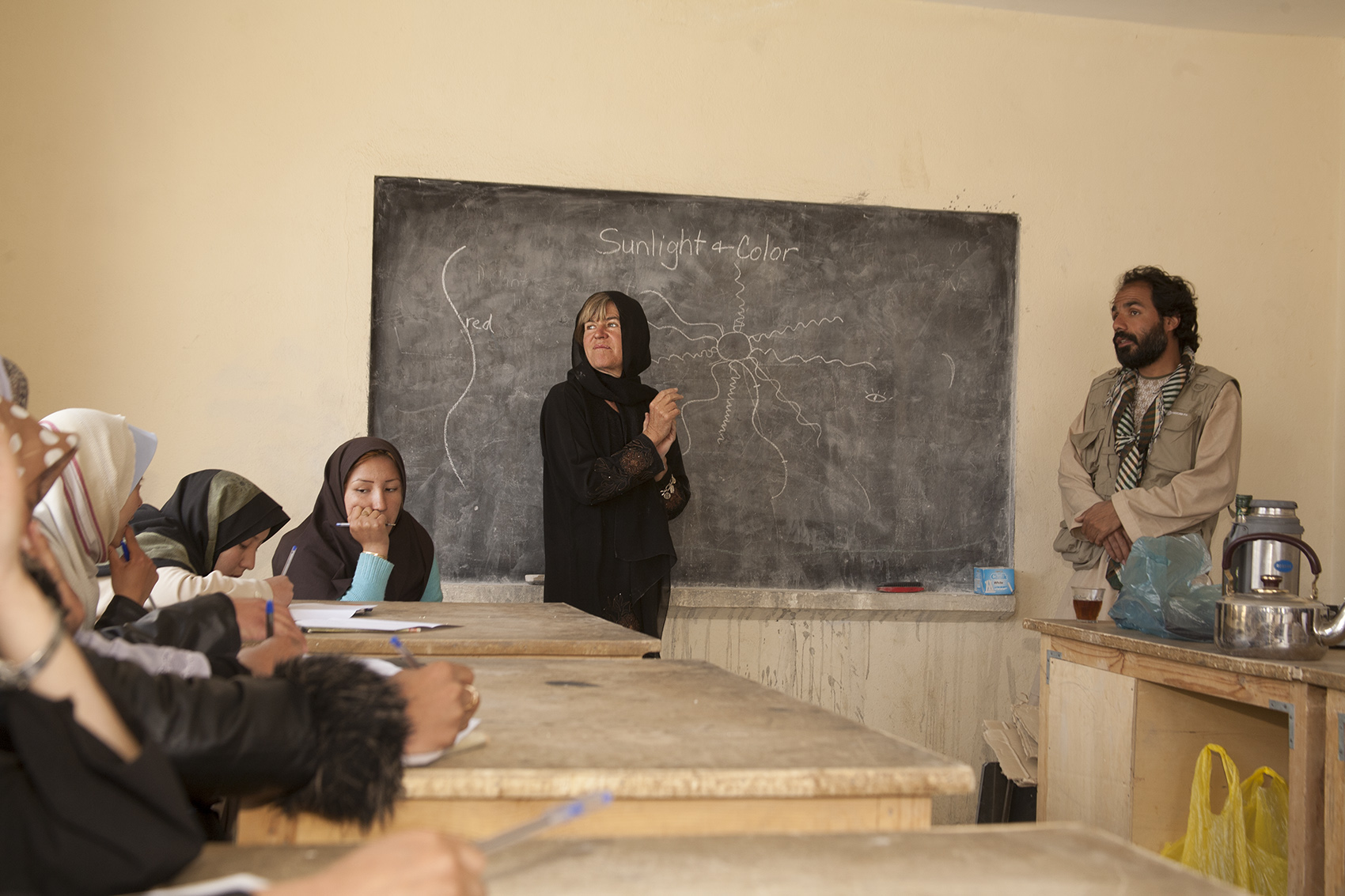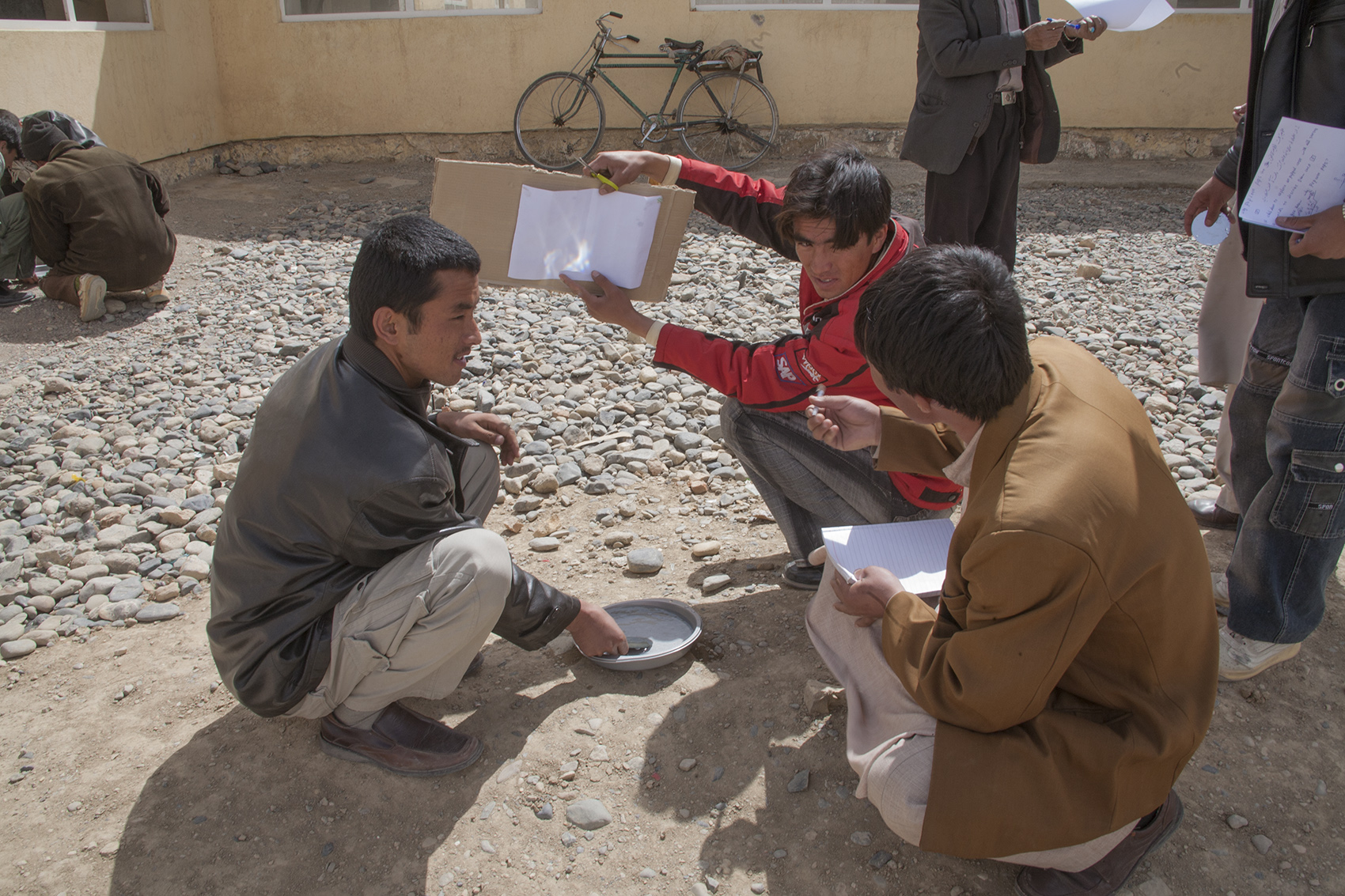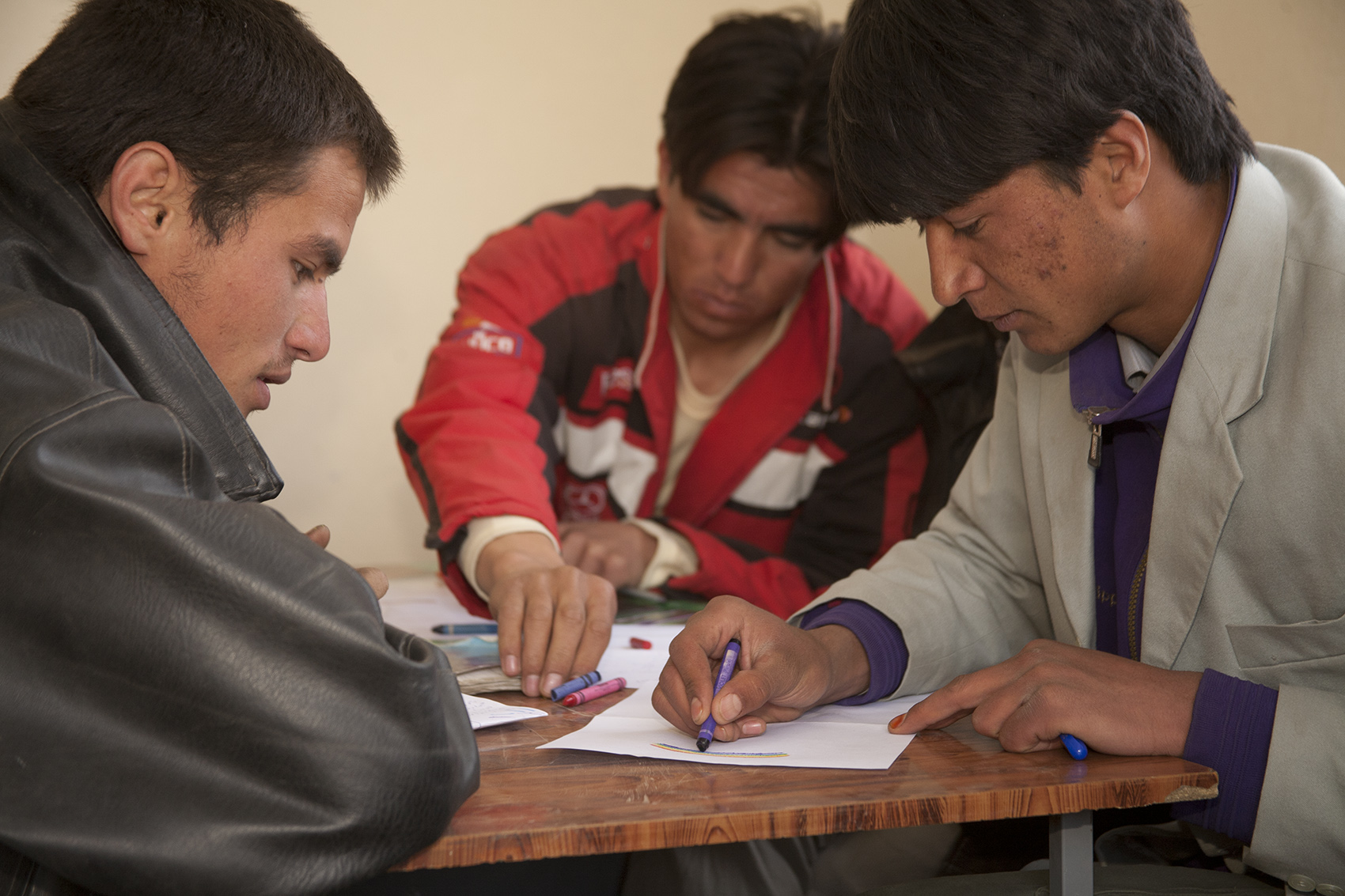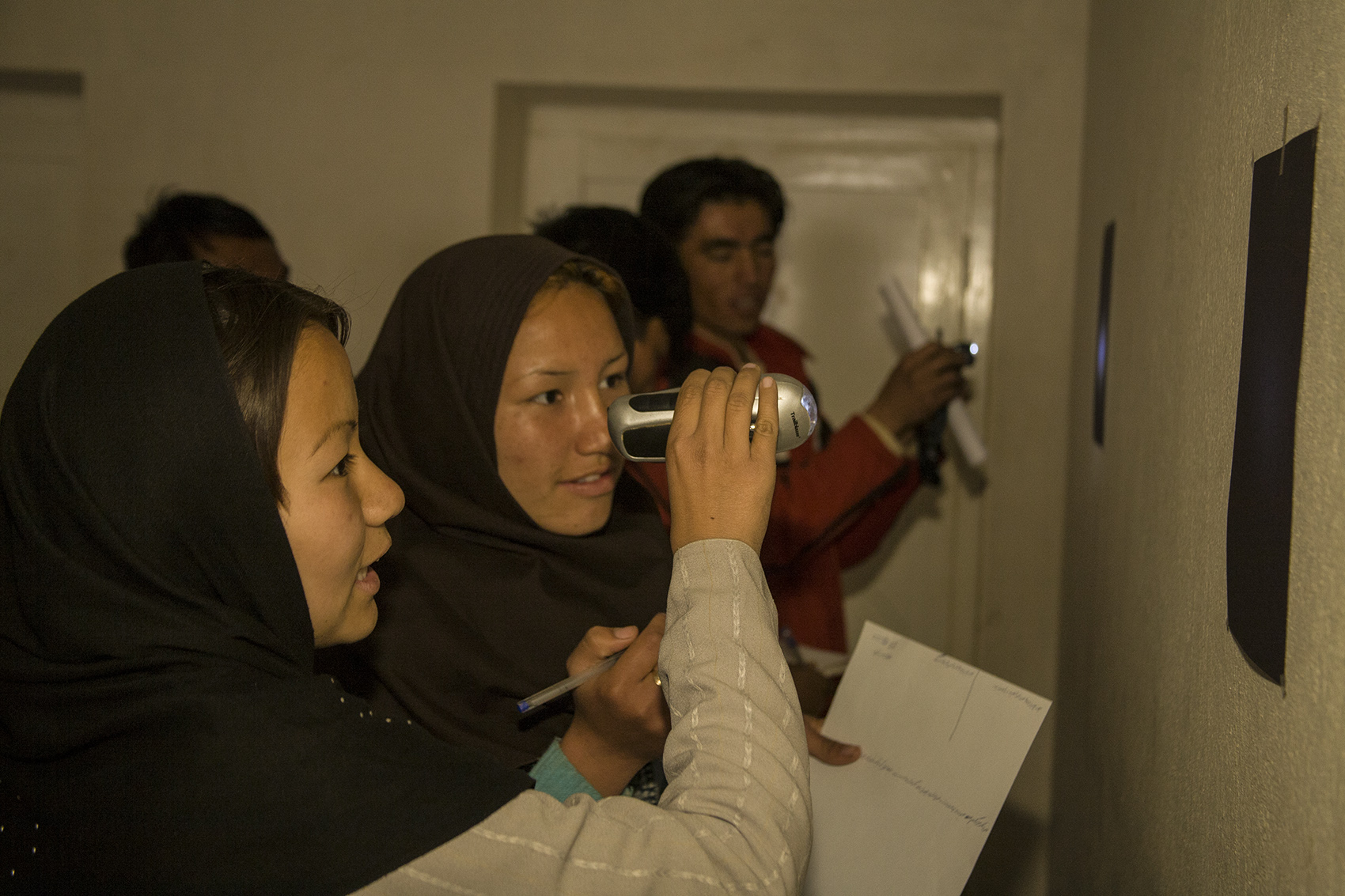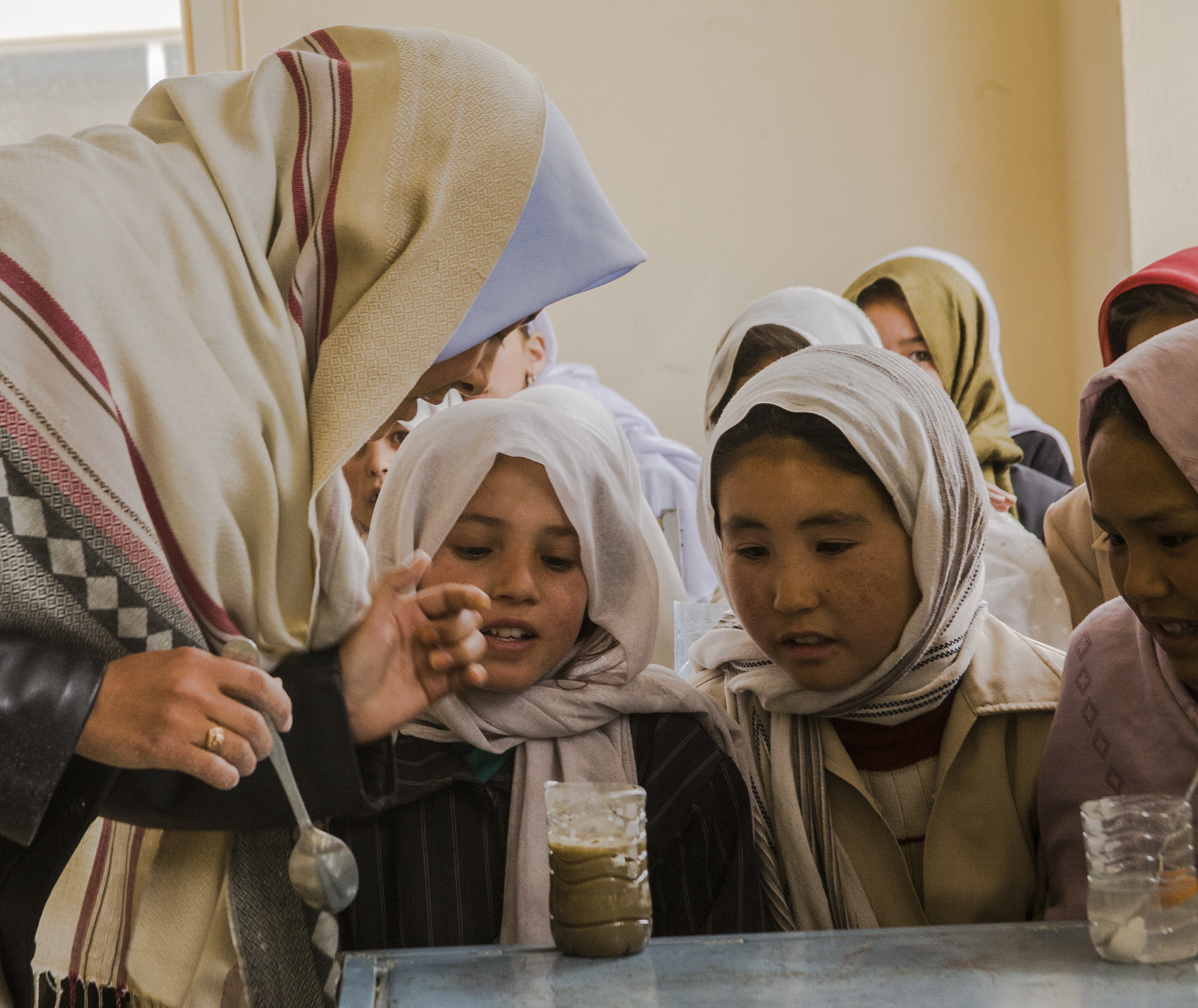TEACHER TRAINING
Three decades of war drove thousands teachers into exile. The Taliban repression of all educational opportunity other than religious training for boys meant that a whole generation of new teachers was lost to Afghanistan.
The Ministry of Education pushes forward to train new teachers, with the help of many international organizations, but the need is still acute. Older women with little education themselves try to fill the gaps. High school girls teach younger children even as they go to school themselves. A number of private organizations have stepped in to help. I had the good fortune to travel with Camilla Barry, a popular and talented science teacher from my home town of Mill Valley, California, who had been going to Afghanistan since 2003 to introduce simple but effective ways to teach science. In the spring of 2008 she worked in partnership with Parsa-Afghanistan in Kabul and Shuhada in Bamiyan to train teachers in schools they support.
She has a gift for using available tools such as popcorn, flashlights, batteries, and empty plastic bottles to teach real scientific inquiry. The content is fun, and amazes the teachers as well as the students, but it is the method that matters: how to analyze and how to ask questions. There is little in traditional Afghan methods that illustrates or encourages experiments, or learning by doing rather than by rote. But the teachers respond to this new approach with tremendous enthusiasm.
A week-long workshop at Parsa-Afghanistan, in Kabul
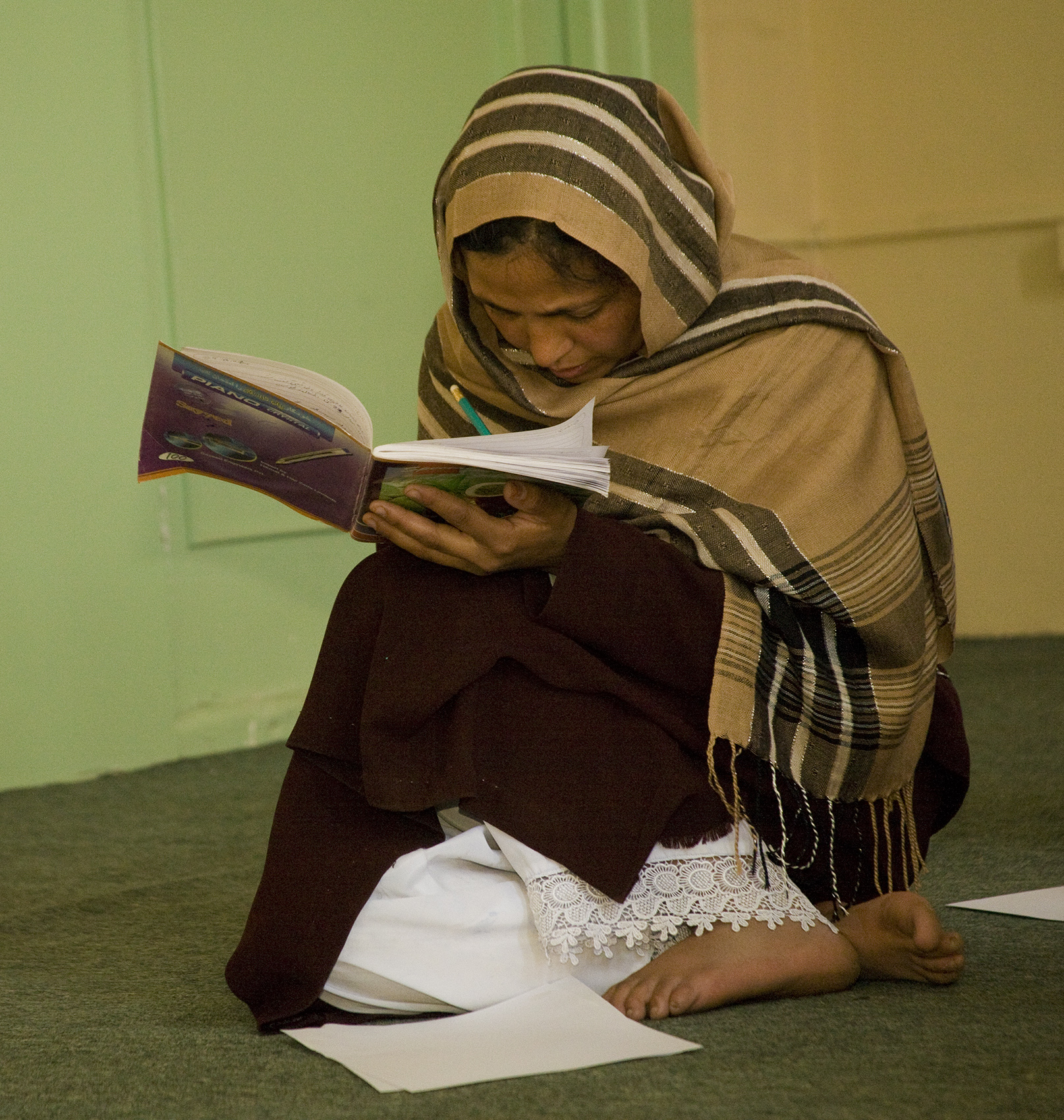
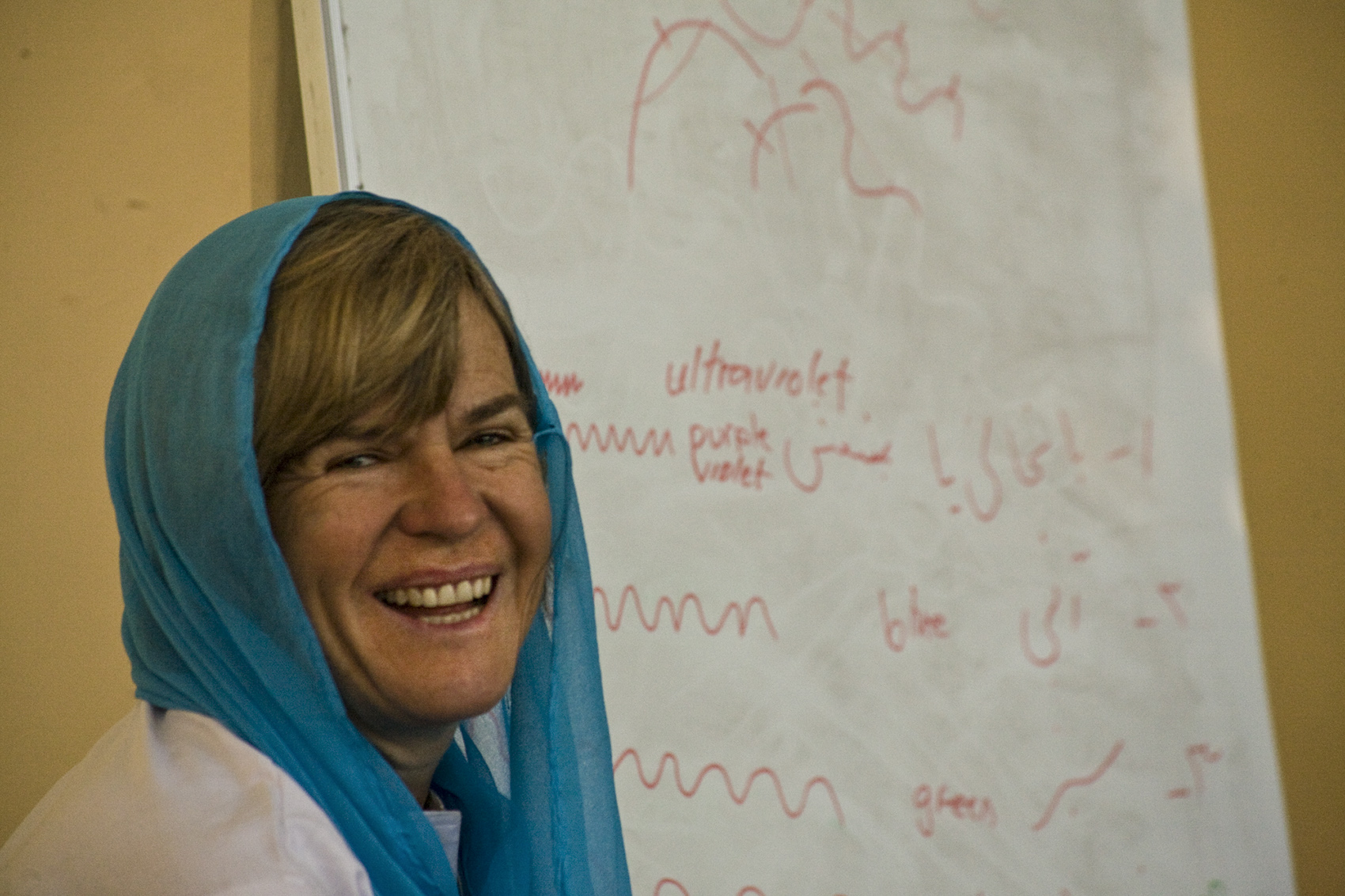
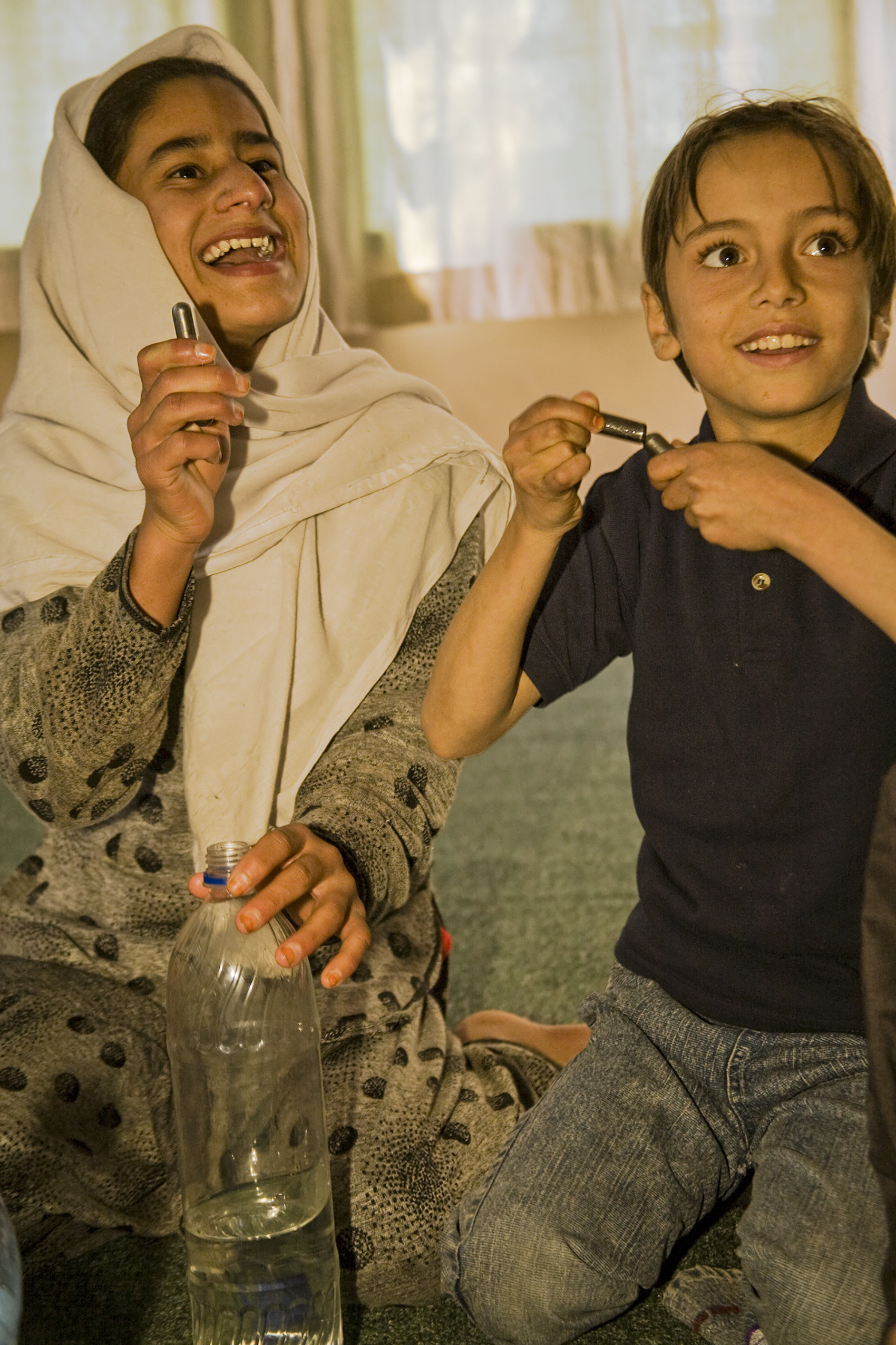
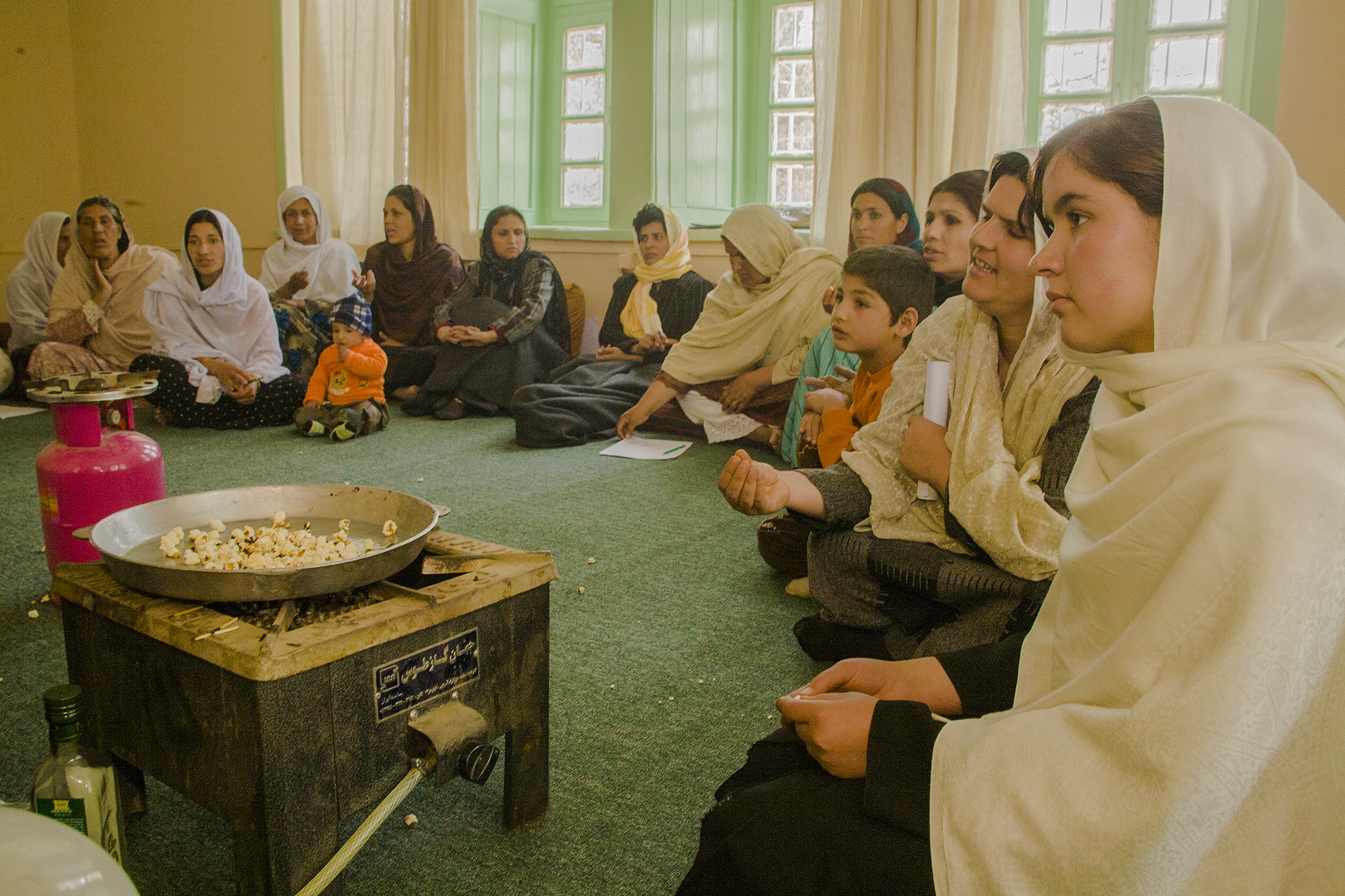
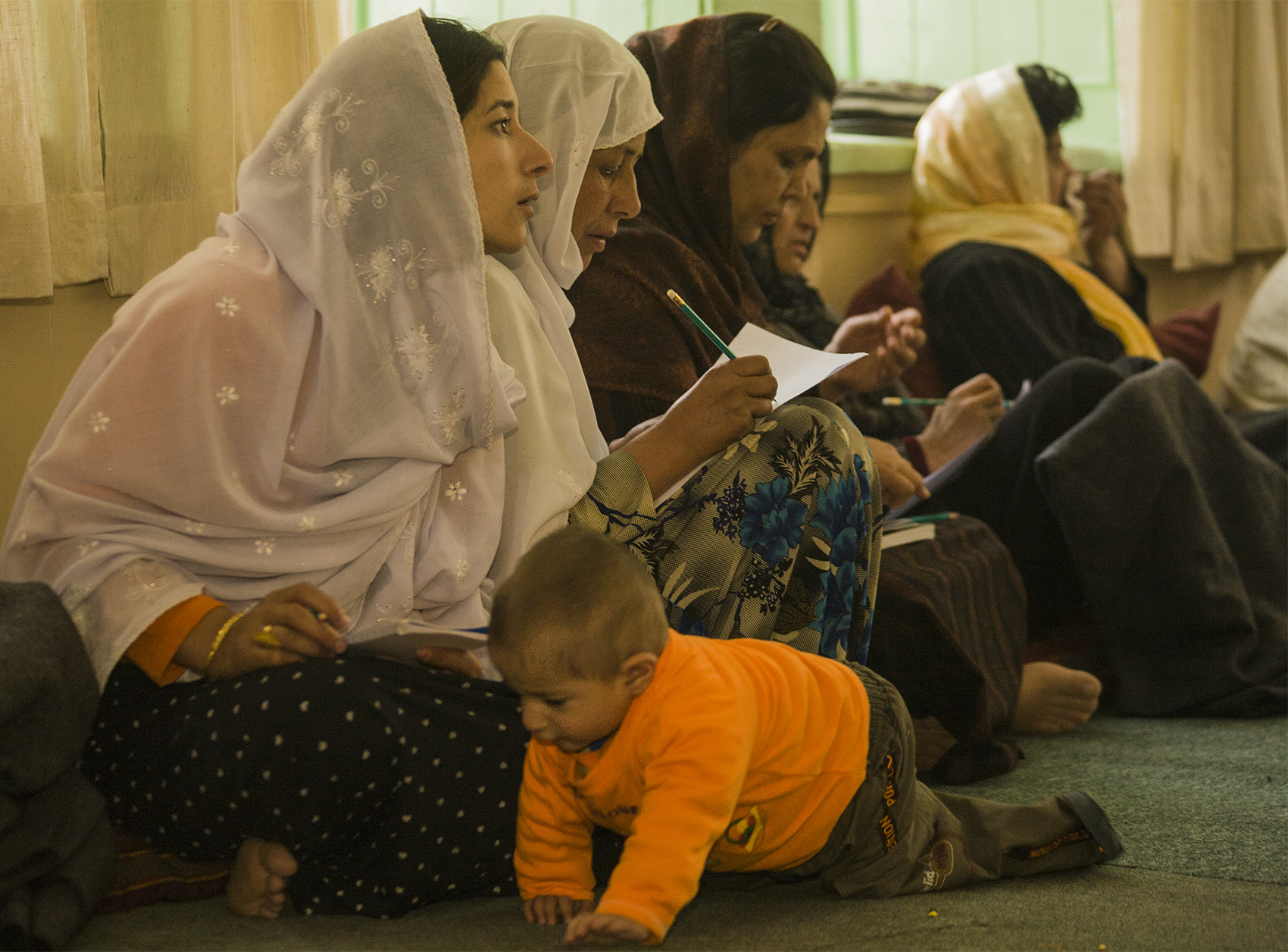
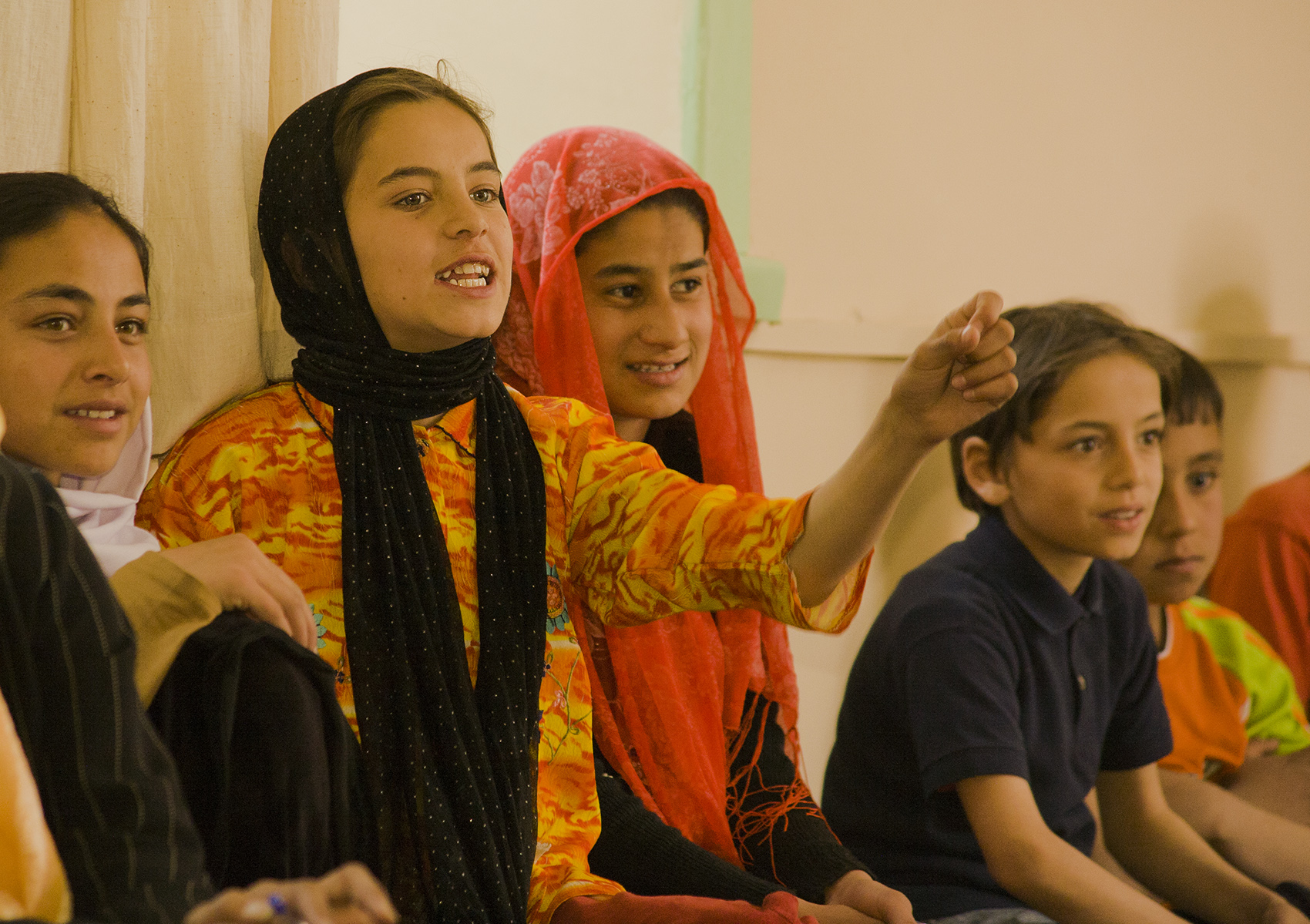
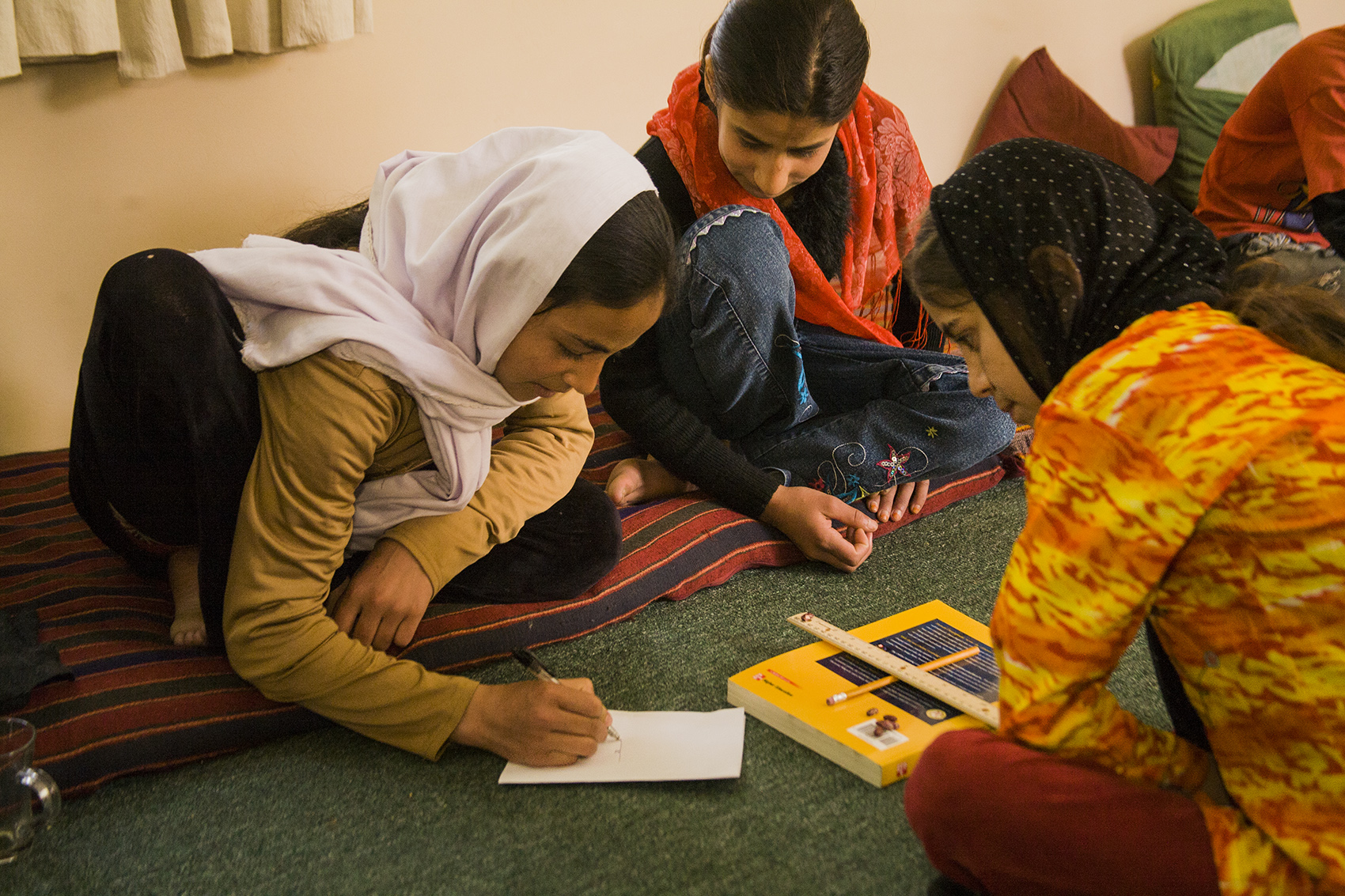
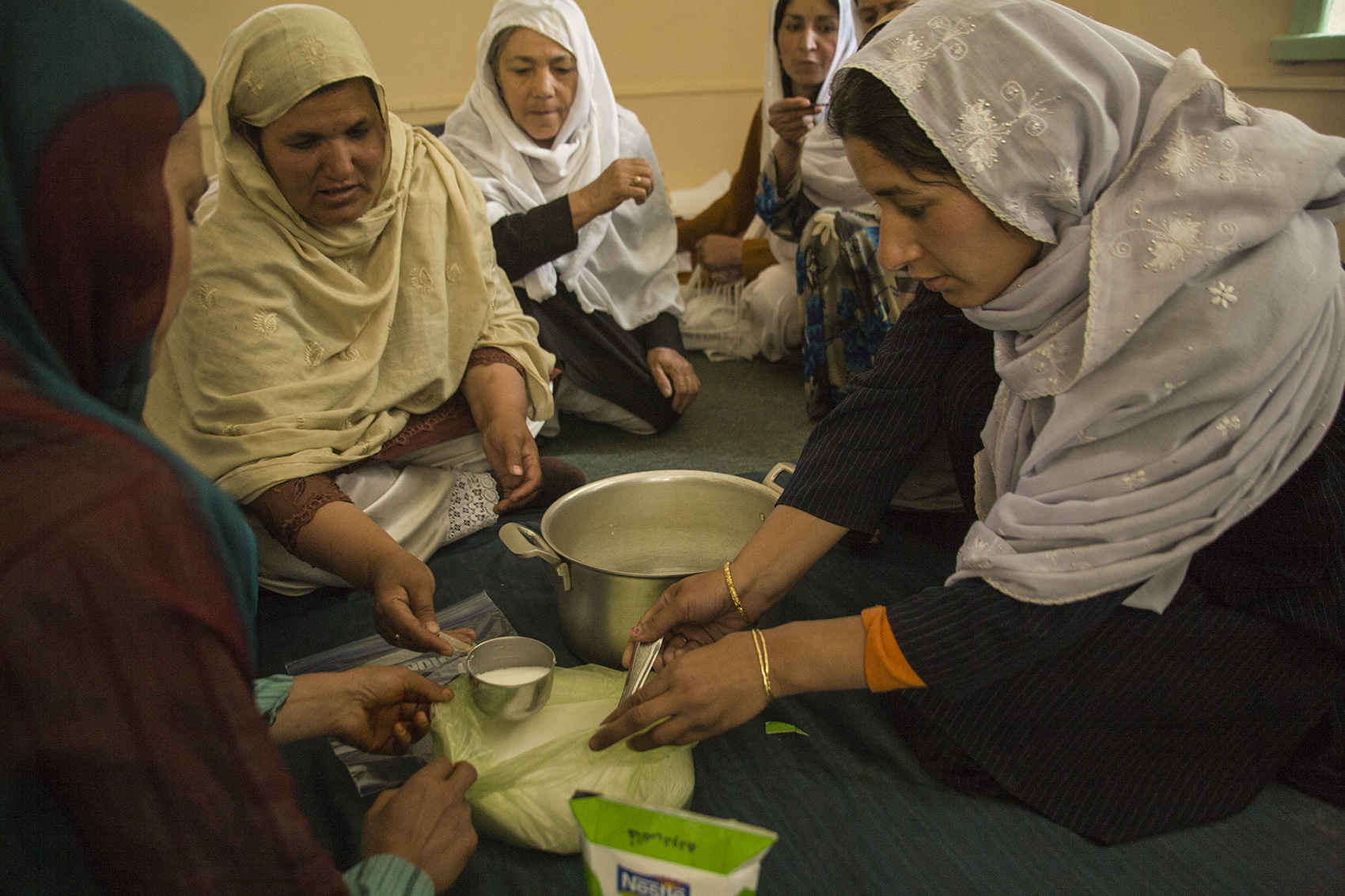
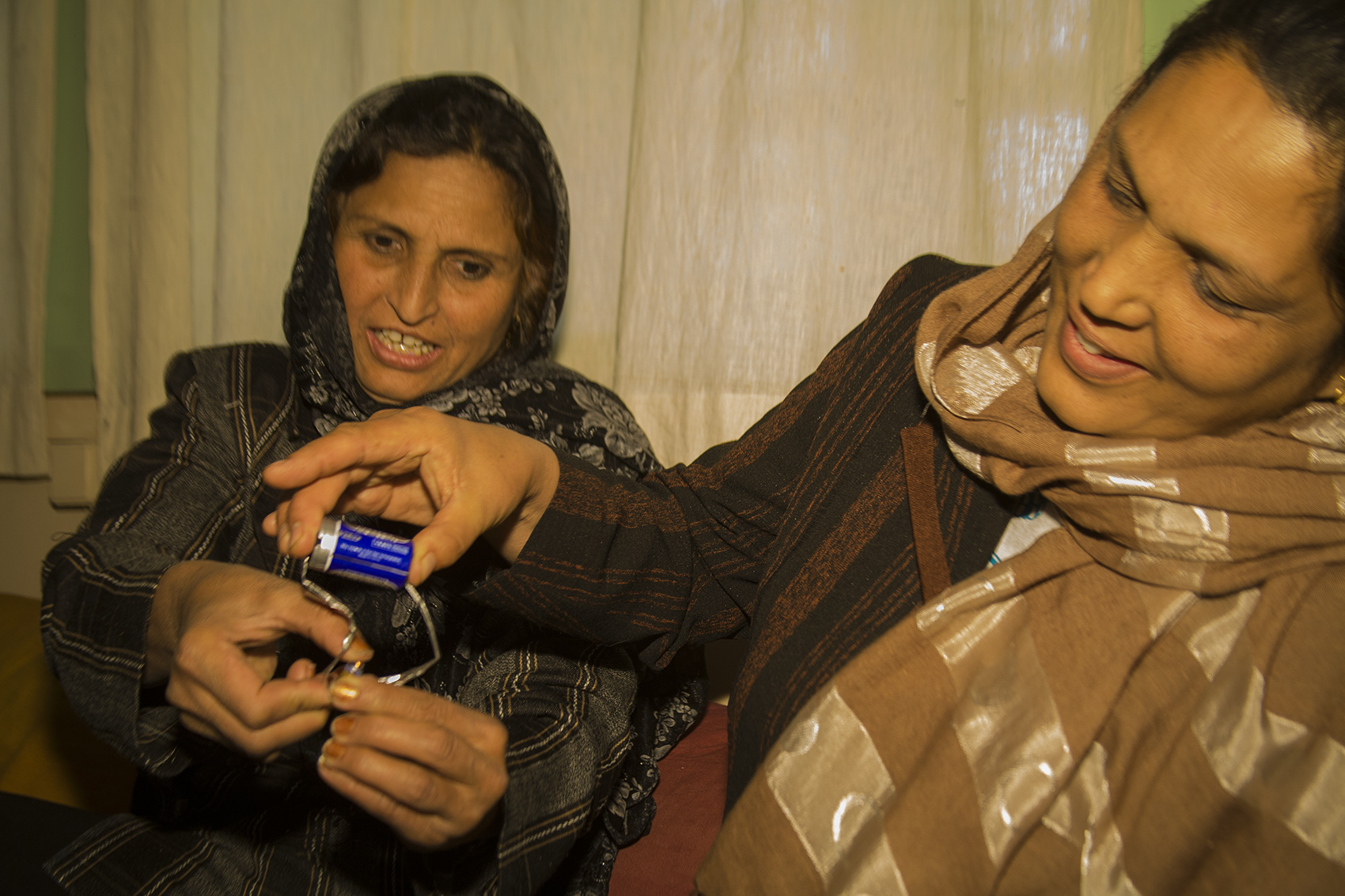
A workshop with young men teachers from the local college in Bamiyan, and high school girls at the Shudada school
